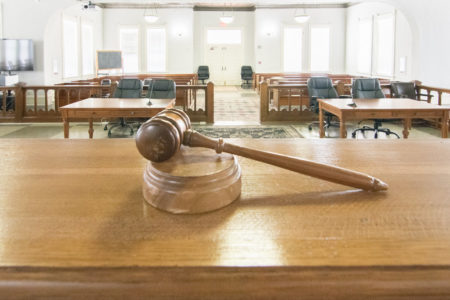
Symposium - 2021 - Policing, Race, and Power
Race, School Policing, and Public Health
by Thalia González
The central claim of this Essay is that school policing is an obvious public health issue. It sits at the nexus of two critical social determinants of health—education and racism—and requires targeted attention as such. Understanding school policing as a public health issue has significant potential benefits and practical implications, especially for the antiracist health-equity movement.



















